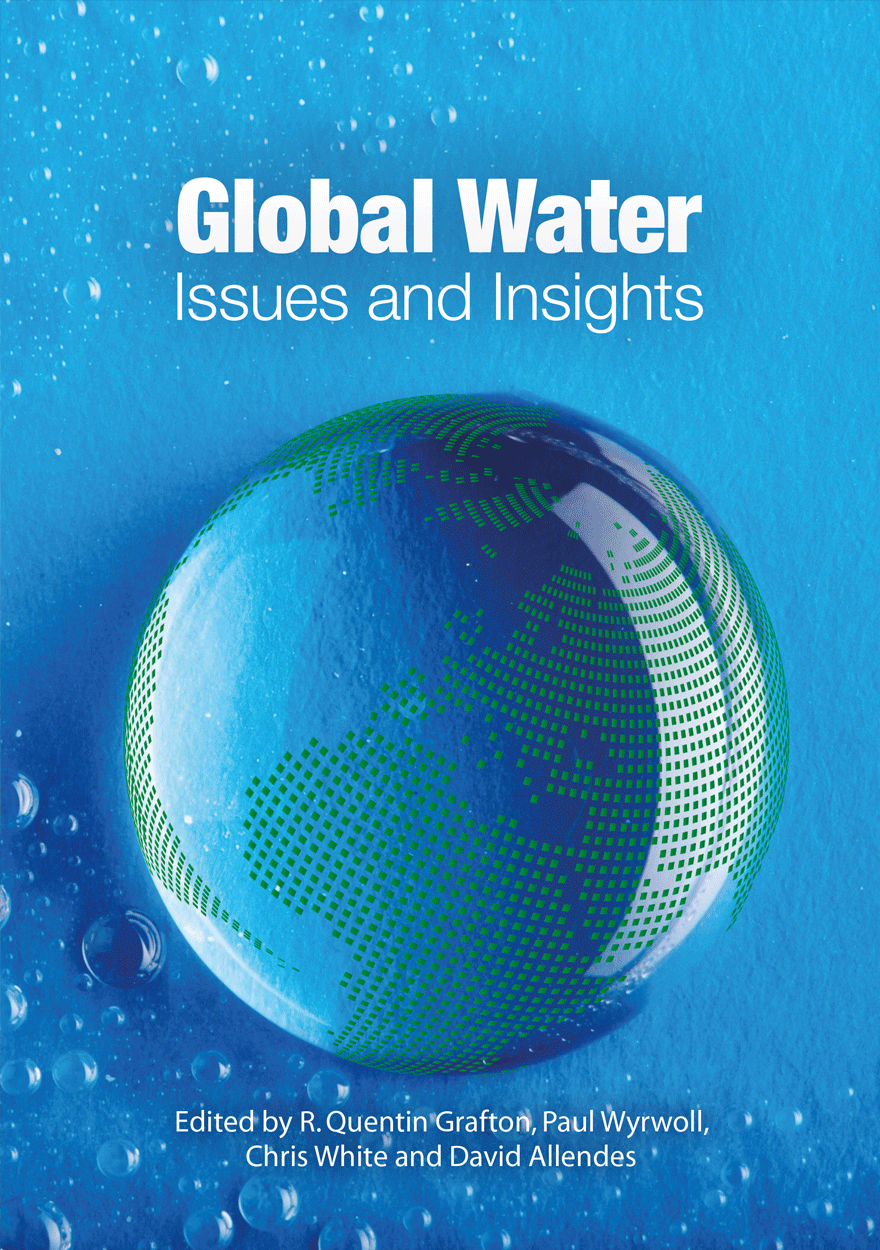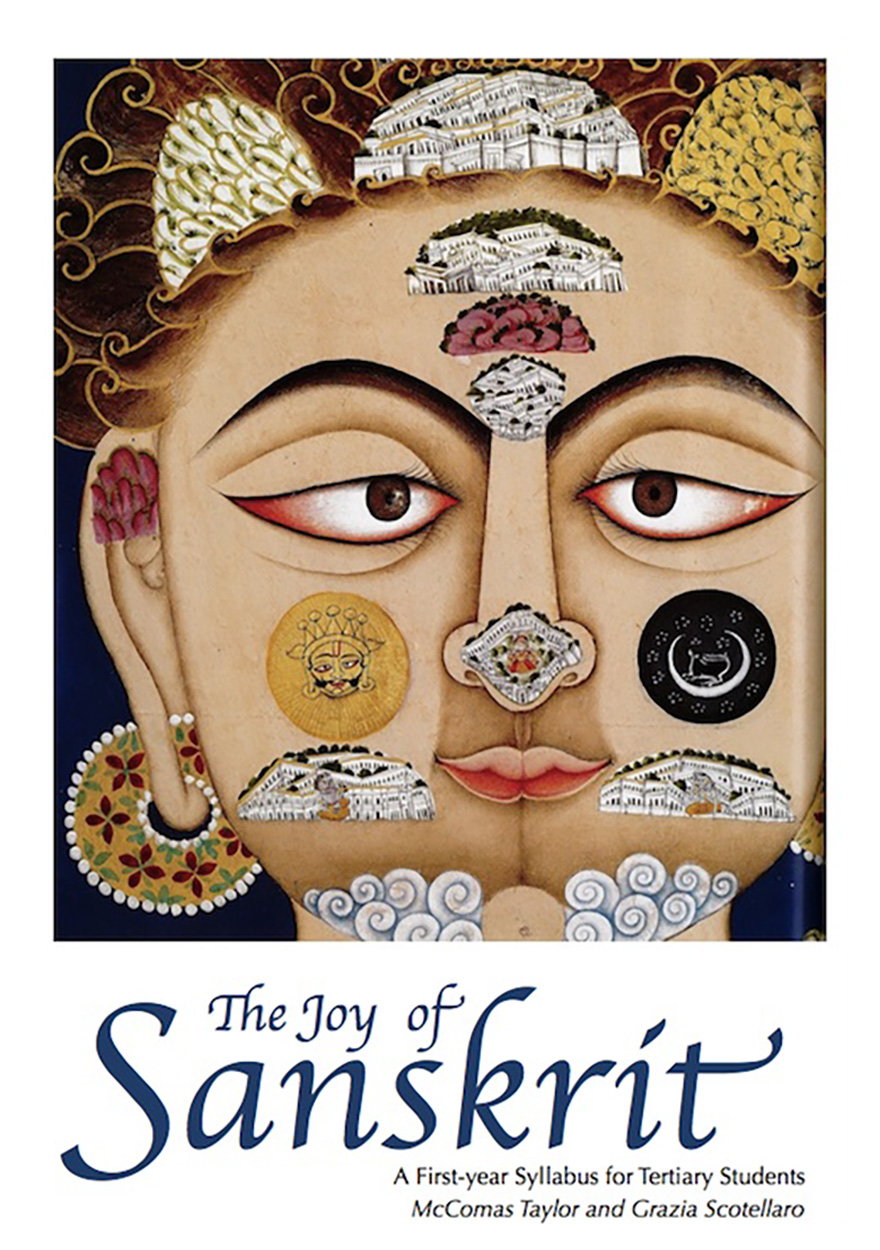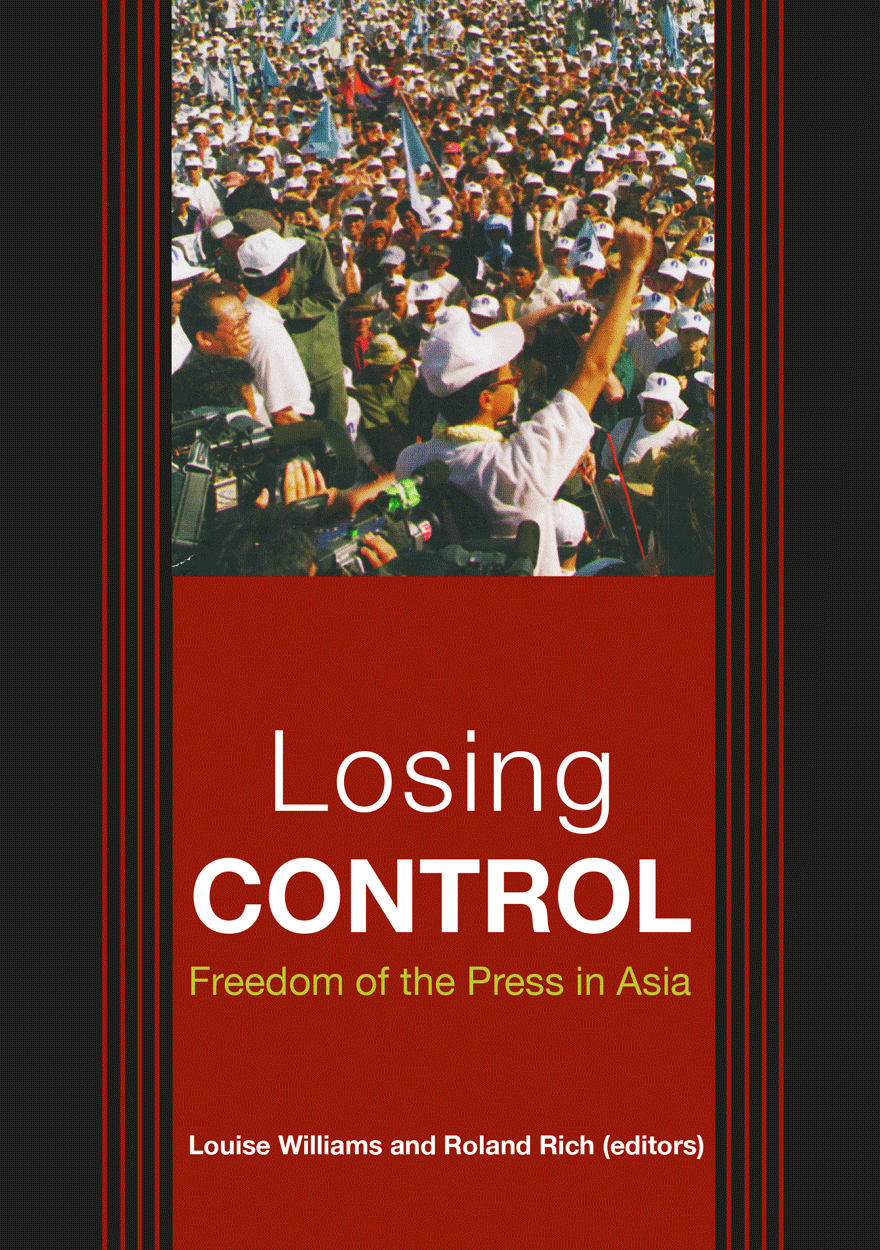Search titles
Displaying results 441 to 450 of 853.

Future-Proofing the State »
Managing Risks, Responding to Crises and Building Resilience
Publication date: May 2014
This book focuses on the challenges facing governments and communities in preparing for and responding to major crises — especially the hard to predict yet unavoidable natural disasters ranging from earthquakes and tsunamis to floods and bushfires, as well as pandemics and global economic crises.
Future-proofing the state and our societies involves decision-makers developing capacities to learn from recent ‘disaster’ experiences in order to be better placed to anticipate and prepare for foreseeable challenges. To undertake such futureproofing means taking long-term (and often recurring) problems seriously, managing risks appropriately, investing in preparedness, prevention and mitigation, reducing future vulnerability, building resilience in communities and institutions, and cultivating astute leadership. In the past we have often heard calls for ‘better future-proofing’ in the aftermath of disasters, but then neglected the imperatives of the message.
Future-Proofing the State is organised around four key themes: how can we better predict and manage the future; how can we transform the short-term thinking shaped by our political cycles into more effective long-term planning; how can we build learning into our preparations for future policies and management; and how can we successfully build trust and community resilience to meet future challenges more adequately?

Global Water »
Issues and Insights
Publication date: May 2014
This book brings together some of the world’s leading water researchers with an especially written collection of chapters on: water economics; transboundary water; water and development; water and energy; and water concepts.

Dharmalan Dana »
An Australian Aboriginal man’s 73-year search for the story of his Aboriginal and Indian ancestors
Authored by: George Nelson, Robynne Nelson
Publication date: April 2014
A Yorta Yorta man’s 73-year search for the story of his Aboriginal and Indian ancestors including his Indian Grampa who, as a real mystery man, came to Yorta Yorta country in Australia, from Mauritius, in 1881 and went on to leave an incredible legacy for Aboriginal Australia. This story is written through George Nelson’s eyes, life and experiences, from the time of his earliest memory, to his marriage to his sweetheart Brenda, through to his journey to Mauritius at the age of 73, to the production of this wonderful story in the present.
For more information on Aboriginal History Inc. please visit aboriginalhistory.org.au.

Measuring and Promoting Wellbeing »
How Important is Economic Growth?
Edited by: Andrew Podger, Dennis Trewin
Publication date: April 2014
Australia continues to be at the forefront of international work on measuring and promoting wellbeing, Ian Castles being a significant contributor over the last forty years as an official and academic. This book combines a selection of Castles’ important work with contemporary research from a range of contributors.
The material is in four parts:
1. The role of economics in defining and promoting wellbeing
2. Measuring real income and wellbeing
3. Measuring inequality
4. Climate change and the limits to growth.
The issues canvassed are both long-standing and current. Does economic growth contribute to wellbeing? How different is income to wellbeing? How do we measure societal wellbeing and take its distribution into account? The book will be of value to all those looking to informed debate on global challenges such as reducing poverty, sustaining the environment and advancing the quality of life, including politicians, commentators, officials and academics.

East Asia Forum Quarterly: Volume 6, Number 1, 2014 »
Publication date: March 2014
East Asia Forum Quarterly grew out of East Asia Forum (EAF) online, which has developed a reputation for providing a platform for the best in Asian analysis, research and policy comment on the Asia Pacific region in world affairs. EAFQ aims to provide a further window onto research in the leading research institutes in Asia and to provide expert comment on current developments within the region. The East Asia Forum Quarterly, like East Asia Forum online, is an initiative of the East Asia Forum (EAF) and its host organisation, the East Asian Bureau of Economic Research (EABER) in the Crawford School of Economics and Government in the College of Asia & the Pacific at The Australian National University.
Download for free
Not available for purchase

The Joy of Sanskrit »
A first-year syllabus for tertiary students
Authored by: McComas Taylor, Grazia Scotellaro
Publication date: February 2014
The Joy of Sanskrit is a complete first-year course of twenty-five weeks designed for university students. We teach Sanskrit as a living tradition. This is in recognition of the fact that many of our students have backgrounds in Indic religions and Indian cultural practices, including yoga, art, music, dance and song. As a living tradition, we believe that the reception of language (especially the ability to read), should be balanced with its production (writing, speaking, chanting and singing). With this in view, each weekly unit has three parts: 1. simple Sanskrit conversational patterns, 2. a verse from the oral tradition, and 3. the all-important grammar section. The grammar is based on the textbook Introduction to Sanskrit by Prof. Thomas Egenes. Each week includes introductory videos, audio files to help you with correct pronunciation, and an audio commentary on the text book.
By the end of the course, you will be able to conduct a coherent conversation on a range of simple topics, you be able to chant accurately twenty-six well-known verses, and you will have a good grasp of all the most common grammatical forms, so that you are ready to begin reading simple narratives.
In addition to this Joy of Sanskrit e-text, you will need to purchase Introduction to Sanskrit, Parts 1 and 2. (T. Egenes, Motilal Banarsidass, 3rd edition or later), as it contains all the written exercises and solutions.
The Joy of Sanskrit etext is in ePub format, and you will need multimedia-enabled epub reader to access the video and audio content successfully.
If you have an iPad, iPhone or iPod touch, open The Joy of Sanskrit in iBooks
If you have an Android tablet, you will need this app: epubreader
If you have a Mac, Bookreader Lite works very well
If you are running Windows, you can read the ePub with Azardi, available here: http://azardi.infogridpacific.com/azardi-download.html
You can choose to download the complete Joy of Sanskrit e-text or to download each half as separate files.
This textbook is used as course material in:
Sanskrit 1 SKRT1002
Sanskrit 2 SKRT1003
For more information about studying a language at the ANU, please visit the College of Asia and the Pacific Languages website and take a look at the School of Culture, History and Language’s Language Guide (PDF, 2.2 MB).
Download for free
Not available for purchase

Power and Responsibility in Chinese Foreign Policy »
Edited by: Yongjin Zhang, Greg Austin
Publication date: January 2014
The People’s Republic of China is now over fifty years old. Long considered an outsider, or a club of one, in international relations, China has recently become more active in international institutions. Is China becoming a responsible power in global and regional international relations? How accurate is the traditional perception of China? What factors may be motivating the changes in China’s approach to international institutions and its perceptions of its own role in the world? There is no certainty that China is becoming a more responsible power, recent developments may be just another manifestation of realpolitik.
Power and Responsibility in Chinese Foreign Policy provides a vital insight into these issues, analysing the critical issues in China’s international relations– China’s regional and global diplomatic and security problems, the changing role of the People’s Liberation Army, human rights, religious and democratic movements, and the concept of responsibility. Power and Responsibility in Chinese Foreign Policy is an insightful and vital introduction to all sides of the current debate over China’s international relations.

Pursuing Livelihoods, Imagining Development »
Smallholders in Highland Lampung, Indonesia
Authored by: Ahmad Kusworo
Publication date: January 2014
This monograph explores the ways in which people experience ‘development’ and how development shapes and maintains their lives. The discussion begins with Lampung Province, moves to one of the province’s highland regions, and ends in a village in this highland region. Colonial and post-colonial initiatives drove the transformation of Lampung in the twentieth century bringing mixed results and effects including rapid growth in agricultural production, the formation of ‘wealthy zones’ in some areas, and the creation of pockets of poverty in other areas. In Sumber Jaya and the highlands of Way Tenong, migrants have transformed one of Lampung’s last frontier regions into one of its ‘wealthy zones’. Although the bulk of these migrants migrated spontaneously, they were integrated within the framework of planned development. The level of progress that the region has achieved is largely the result of villagers’ efforts to bring state resources to the village. In conflict with forestry authorities for decades, farmers in some villages have agreed to establish a new relationship with authorities, but the struggle for control over land resources continues.

Developing Asian Bondmarkets »
Edited by: Takatoshi Ito, Yung Chul Park
Publication date: January 2014
The absence of vibrant bondmarkets in East Asia was a significant contributor to the 1997–98 financial crisis. Ever since, the development of local bondmarkets has been a major objective of financial reforms in many East Asian economies. This effort has been frustrated by the inability to reach a consensus on whether Asian bondmarkets are truly needed in East Asia, whether they can be made viable in the competitive environment of the global economy, how they should be created and what role intergovernmental cooperation should play in their definition and creation.
Developing Asian Bondmarkets helps build this consensus, proposing how to develop robust and efficient bondmarkets in East Asia.
This book, the first of its kind, comes from the Finance Forum of the Pacific Economic Cooperation Council.

Losing Control »
Freedom of the Press in Asia
Edited by: Louise Williams, Roland Rich
Publication date: January 2014
‘A free press is not a luxury. A free press is at the absolute core of equitable development’ according to World Bank President James Wolfensohn. A free press is also the key to transparency and good governance and is an indispensable feature of a democracy. So how does Asia rate? In Losing Control, leading journalists analyse the state of play in all the countries of North Asia and Southeast Asia. From the herd journalism of Japan to the Stalinist system of North Korea, Losing Control provides an inside look at journalism and freedom of the press in each country. One conclusion—a combination of new technology and greater democracy is breaking the shackles that once constrained the press in Asia.
‘Brings together Asia’s best and brightest observers of the press.’
Hamish McDonald, Foreign Editor, The Sydney Morning Herald
‘A rare insiders’ view exposing the real dynamics behind social and political change in Asia.’
Evan Williams, Foreign Correspondent, ABC TV
‘A timely and necessary contribution to the debate over the quality of freedom in Asia.’
Geoffrey Barker, The Australian Financial Review



